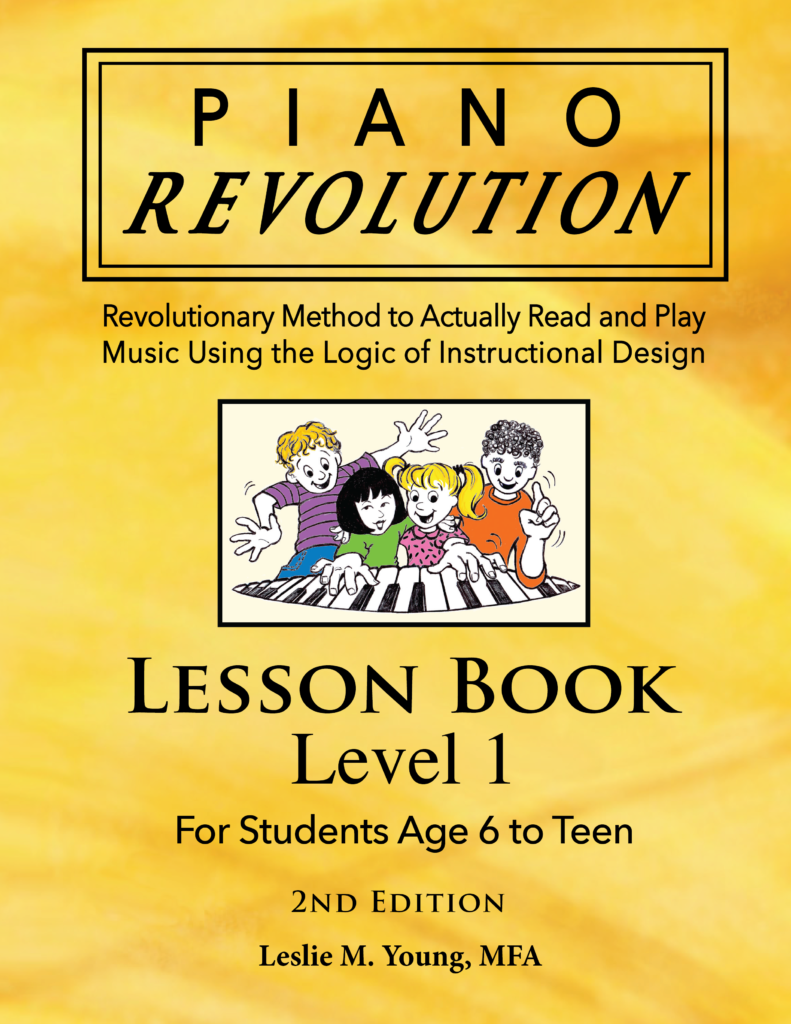Memorial Day Music: The Intriguing Evolution of Taps Since 1809

Memorial Day music at some point may include the military tradition of the playing of Taps, which has an intriguing evolution to its modern form. This bugle call, Taps, played at military funerals in our time is ingrained in American culture as the music of mourning, but it wasn’t always associated with burials.
This is a photograph of young John Cook, who served as bugler in the U. S. Army during the Civil War:
1809 Extinguish Lights
The Taps melody was originally was used as a military signal for Civil War soldiers to turn out the lights and go to bed. It was written as early as 1809, and – by the way – was Napoleon’s favorite bugle call. It was called “Extinguish Lights” and is found in the early manuals. However, it did go through revision during the war between the states. Here’s a sound recording of Extinguish Lights.
General Daniel Butterfield had an issue with this melody. He served in the Civil War and was promoted to brigadier general, being wounded later in 1862 at Gaines’ Mill. While recuperating, he thought of revising the bugle call, considering the original too formal-sounding to end the day.
Butterfield arranged for his brigade bugler, a 22-year-old by the name of Oliver Wilcox Norton, to help him revise that earlier bugle call into those 24 notes that we know today as Taps. Historically, Taps was played in the 1860s on a military bugle called a clarion, made of copper with a brass garland surrounding the bell.
The words to the melody were: Go to sleep. Go to sleep. Go to sleep. Go to sleep. Go to sleep. Put out the lights. Put out the lights. Put out the lights.
Shortly after the song was revised back in 1862, there was a funeral in one of the artillery companies. The captain in charge, whose name was John Tidball, did not want to fire the customary three volleys over the grave, since he was concerned that the very loud sound might result in the enemy beginning the fight again. Tidball instructed the bugler to sound Taps. That was the first time the music was associated with a military funeral.
After the Civil War, both Taps and the firing of the three volleys became part of military funerals known today. We are familiar with the playing of Taps as a custom on Memorial Day and Veterans Day. The most familiar words currently used are:
Day is done, gone the sun. From the lakes, from the hills, from the sky . . . All is well, safely rest, God is nigh.
Memorial Day Music
To the general public, hearing Taps sounded as part of Memorial Day
music is a memorable and moving experience. Most
have little idea of the hard work, years of musical training, and
preparation that goes into that one minute of music.
Sergeant First Class Drew Fremder of the Army Band stated:
“Sounding Taps is playing in appreciation of those who have given their last breath in service to our nation and the freedoms we protect. For those who sacrificed more than I ever can in my career. A bugler plays no longer for appreciation, but in appreciation of the ultimate sacrifice. This humbling realization is something I carry with me to this day. It changes how I play; how I perform…..Putting on the uniform to serve my country as a musician is an honor. If this is my purpose as a musician in this world, I am honored to serve in appreciation of true heroes.”
Looking for a Homeschool Piano Method?
If you’re homeschooling and want a method that actually teaches your child how to read and play music, Piano Revolution is for you.
🎵 Ideal for:
- Homeschool families
- Busy parents
- Private piano teachers
- Self-taught piano learners
- College music major students needing fast, accurate piano skills
🎹 With Piano Revolution, students:
- Build true sight-reading skills
- Progress efficiently and confidently
- Develop real musical independence—no more relying on memory mnemonics, hand position fingering, or videos
Ready to Start?
🔍 Still searching for the best beginner piano book for your child or student?
Piano Revolution may be exactly what you’re looking for.
📘 Explore sample pages and learn more at pianorev.com
🎥 Watch how Piano Revolution works and see the difference in real time!
Don’t waste time with gimmicks—start learning real music today. Get a FREE lesson and discover how Piano Revolution can transform your playing.
🎹 View now at pianorev.com
View sample pages of all the books for students
ages 6 to teen:
View sample pages of all the books for students
4 to 5 years old:
View sample pages of all the books for older
teens and adults:
View the books on Amazon:
About the Author, Composer,
Illustrator, Educator, and
Eternal Optimist
Leslie Young is the author/composer/illustrator of the PIANO Revolution method books (originally titled as the Revolutionary Piano Method). She co-founded a
K-12th grade charter school in Texas and has been a piano teacher for over 40 years. She has had experience teaching a variety of students tackling piano for the first time or as returning students.
Young believes that “learning to play the piano is more about diligence
and perseverance” – but would add that just as critical to success is
the method that is used, the pattern of critical thinking, and the instructional principles that promote immediate success.
She states: “In teaching piano to students of varying ages, what also varies is a commitment of time and the amount of dedication. Children of certain ages may do very well with a parent as teacher; others may need someone who is not family to instruct them. Some older children and adults prefer to make progress on their own, and this method is designed to act as a meticulous guide through new material. Some adults and teens insist on professional teachers, which also encourages continuity. Because these books are self-explanatory, a new or experienced professional teacher will have no trouble using the PIANO Revolution method with students. It’s an easy and effective way to learn piano.”
This content will be of most interest to:
- Parents who homeschool
- Professional piano instructors
- Individuals desiring piano books for beginners
- Educators of Instructional Design for piano
- Adults desiring a self-teaching piano book
- Parents wondering the best age to start piano lessons for a child









 Previous Post
Previous Post
